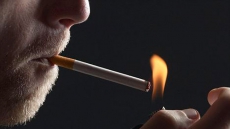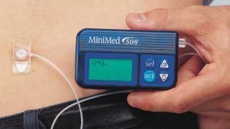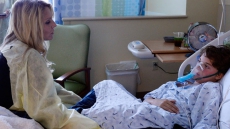A substance found in red wine may protect the body against age-related diseases by stimulating an ancient evolutionary defence mechanism that protects human cells against damage, a US study has suggested.
Scientists at The Scripps Research Institute (TSRI) found that the substance -- resveratrol -- once touted as an elixir of youth -- powerfully activates an evolutionarily ancient stress response in human cells.
"This stress response represents a layer of biology that has been largely overlooked. Resveratrol turns out to activate it at much lower concentrations than those used in prior studies," said senior investigator Paul Schimmel, a professor and member of the Skaggs Institute for Chemical Biology at TSRI, US.
Based on these results, "it is conceivable that moderate consumption of a couple of glasses of red wine would give a person enough resveratrol to evoke a protective effect via this pathway," said lead author Mathew Sajish, a senior research associate in the Schimmel laboratory.
Resveratrol is a compound produced in grapes, cacao beans, Japanese knotweed and some other plants in response to stresses including infection, drought and ultraviolet radiation.
Why would resveratrol, a protein produced in plants, be so potent and specific in activating a major stress response pathway in human cells?
Probably because it does much the same in plant cells, and probably again via TyrRS -- a protein so fundamental to life, due to its linkage to an amino acid, that it hasn't changed much in the hundreds of millions of years since plants and animals went their separate evolutionary ways.
"We believe that TyrRS has evolved to act as a top-level switch or activator of a fundamental cell-protecting mechanism that works in virtually all forms of life," Sajish added.





